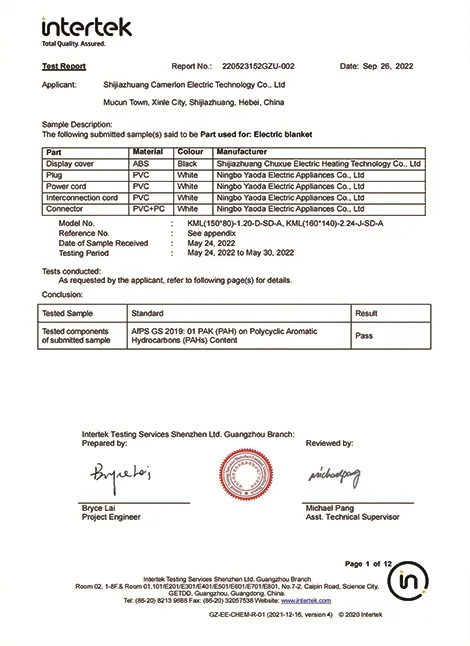- Individual Responses Horses can respond differently to antihistamines; what works for one horse may not work for another. Therefore, it may take some trial and error to find the best medication for a specific individual.









